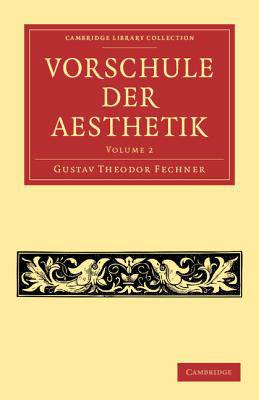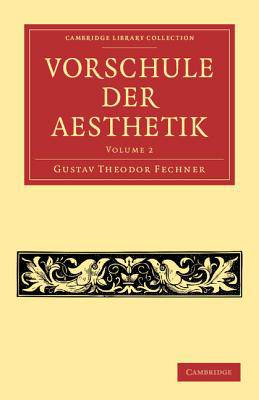
Bedankt voor het vertrouwen het afgelopen jaar! Om jou te bedanken bieden we GRATIS verzending (in België) aan op alles gedurende de hele maand januari.
- Afhalen na 1 uur in een winkel met voorraad
- In januari gratis thuislevering in België
- Ruim aanbod met 7 miljoen producten
Bedankt voor het vertrouwen het afgelopen jaar! Om jou te bedanken bieden we GRATIS verzending (in België) aan op alles gedurende de hele maand januari.
- Afhalen na 1 uur in een winkel met voorraad
- In januari gratis thuislevering in België
- Ruim aanbod met 7 miljoen producten
Zoeken
Omschrijving
Although Gustav Theodor Fechner (1801-87) had studied medicine at the University of Leipzig, he never practised as a doctor. In the 1820s he published satirical evaluations of the medical science of the day under the pseudonym 'Dr Mises' and supplemented his income by translating chemistry and physics texts. Increasingly he focused his studies on mathematics and physics, and the physical and physiological became recurrent themes in his work. With the publication of his Elemente der Psychophysik (1860), Fechner not only established the foundations of psychophysics as a field of research, but also pioneered much experimental psychology. This two-volume second edition of his 1876 work on the principles of aesthetics was published in 1897-8. In Volume 2, Fechner uses the principles that he established in Volume 1 and applies these in the analysis of different works of art.
Specificaties
Betrokkenen
- Auteur(s):
- Uitgeverij:
Inhoud
- Aantal bladzijden:
- 330
- Taal:
- Duits
- Reeks:
Eigenschappen
- Productcode (EAN):
- 9781108062213
- Verschijningsdatum:
- 29/08/2013
- Uitvoering:
- Paperback
- Formaat:
- Trade paperback (VS)
- Afmetingen:
- 140 mm x 216 mm
- Gewicht:
- 417 g

Alleen bij Standaard Boekhandel
+ 167 punten op je klantenkaart van Standaard Boekhandel
Beoordelingen
We publiceren alleen reviews die voldoen aan de voorwaarden voor reviews. Bekijk onze voorwaarden voor reviews.









